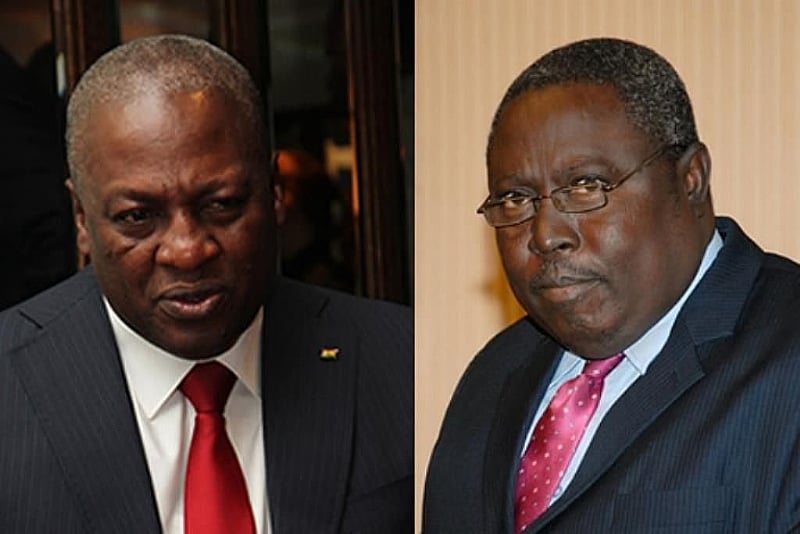The ongoing removal process of Chief Justice Gertrude Esaaba Torkonoo has sparked controversy and calls for her resignation, but former Special Prosecutor Martin A.B.K. Amidu has vehemently rejected these calls, arguing that accepting such a resignation would constitute a breach of President Mahama’s oath of office. The controversy began when President Mahama suspended the Chief Justice on April 22nd following the establishment of a prima facie case in three separate petitions seeking her removal. The suspension, in accordance with Article 146 of the 1992 Constitution and following the advice of the Council of State, led to the formation of a five-member committee of inquiry tasked with investigating the allegations against the Chief Justice. The calls for resignation, emanating from various individuals including veteran politician Dr. Nyaho Nyaho-Tamakloe, stem from the desire to avoid further public scrutiny and potential embarrassment for the Chief Justice and the judiciary.
Amidu, in a strongly worded opinion piece, contends that entertaining a resignation from Justice Torkonoo at this juncture would severely undermine the constitutional process meticulously laid out for the removal of justices. He maintains that the President’s acceptance of a resignation letter from a justice of the superior courts, especially after the establishment of a prima facie case and the subsequent appointment of a committee of inquiry, as stipulated under Article 145(3), would be a direct violation of the Presidential Oath. This oath, taken upon assumption of office, binds the President to uphold and defend the Constitution, a duty Amidu believes would be compromised by circumventing the established removal procedures.
Amidu further criticizes the notion that resignation is a viable option during the pendency of an inquiry, characterizing it as an attempt to create “judicial exceptionalism” – a concept that shields judges from the same level of public accountability expected of other public officials. He argues that such an approach is inherently undemocratic and smacks of despotism, as it seeks to place judges above the law and beyond the reach of public scrutiny. He emphasizes that the constitutional process for removal, including the inquiry by the committee, is designed to ensure transparency and accountability, values that would be undermined by allowing resignation to preempt the investigation.
The crux of Amidu’s argument lies in the importance of upholding the integrity of the constitutional process. He contends that allowing Justice Torkonoo to resign would set a dangerous precedent, effectively allowing future justices facing similar allegations to evade scrutiny and accountability by simply resigning. This, he argues, would weaken public trust in the judiciary and create a system where judges are not held to the same standards as other public officials. The constitutional provisions for removal, he maintains, are specifically designed to prevent such scenarios and to ensure that allegations against judges are thoroughly investigated and adjudicated through a transparent and legally sound process.
Moreover, Amidu emphasizes the significance of completing the inquiry process, not just for the sake of accountability but also to establish the truth of the allegations. Regardless of whether the Chief Justice resigns, he argues, the investigation should continue to its logical conclusion. This would serve not only to clarify the facts of the case but also to provide valuable insights that could inform future reforms and strengthen the judiciary. A resignation, he suggests, would leave lingering questions and potentially tarnish the reputation of the judiciary without providing the necessary closure that a full investigation can offer.
In conclusion, Amidu’s stance highlights the critical importance of adherence to constitutional processes and procedures, particularly when dealing with matters of such significant public interest. He argues that allowing the Chief Justice to resign at this stage would not only violate the President’s oath of office but also undermine the principles of transparency, accountability, and public trust that are essential for a robust and functioning democracy. By advocating for the continuation of the inquiry process, Amidu underscores the need for due process and the importance of establishing the facts of the case, regardless of the potential consequences for the individuals involved. He firmly believes that upholding the integrity of the constitutional process is paramount and that any deviation from it would set a dangerous precedent with far-reaching implications for the future of the judiciary and the country as a whole.


